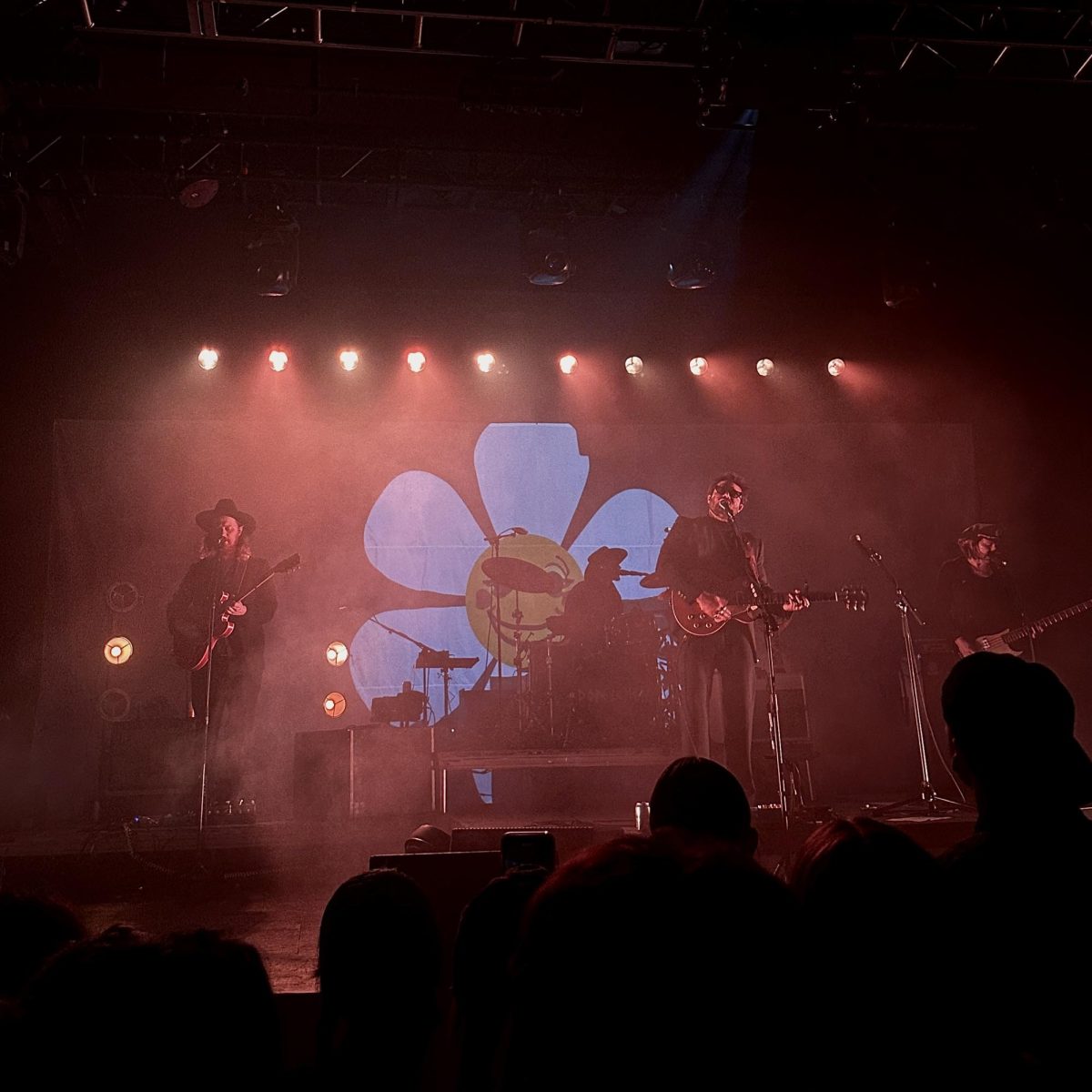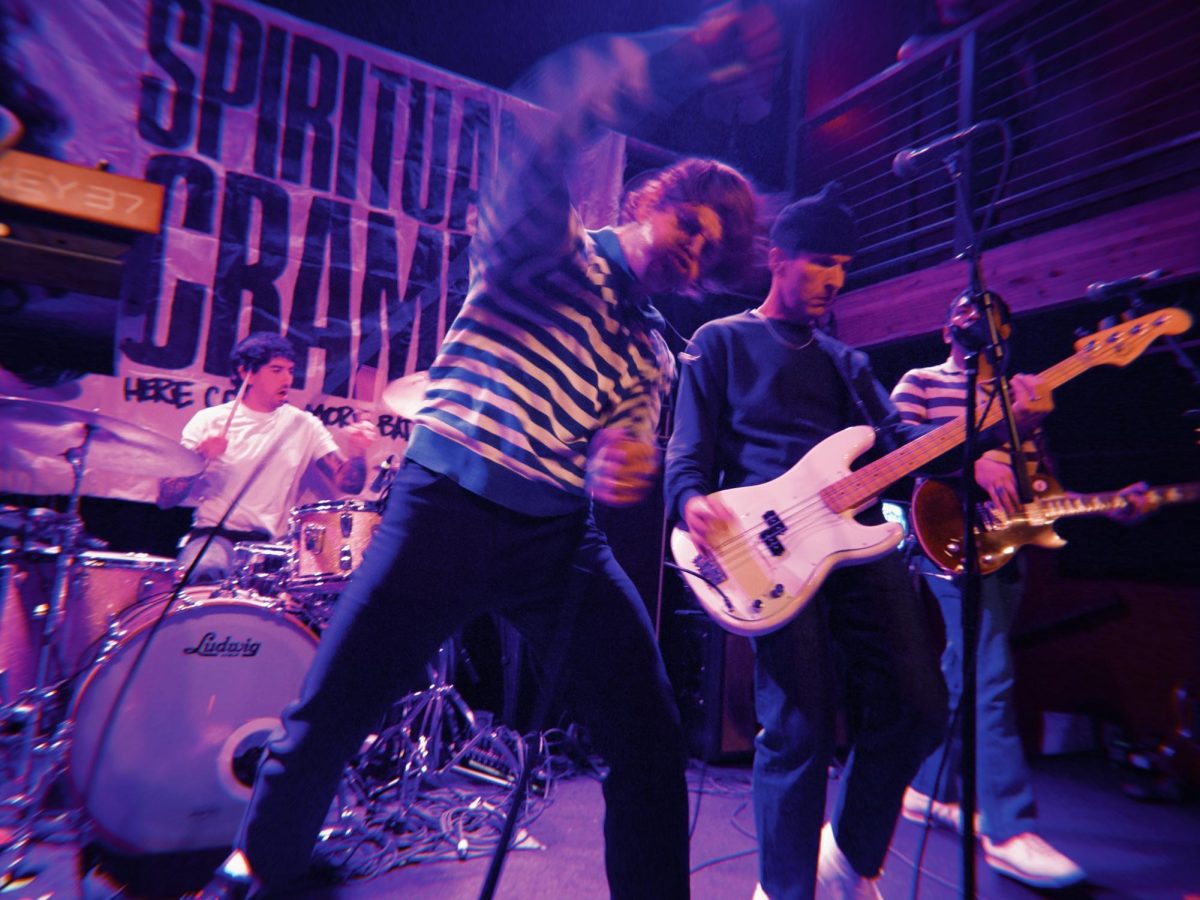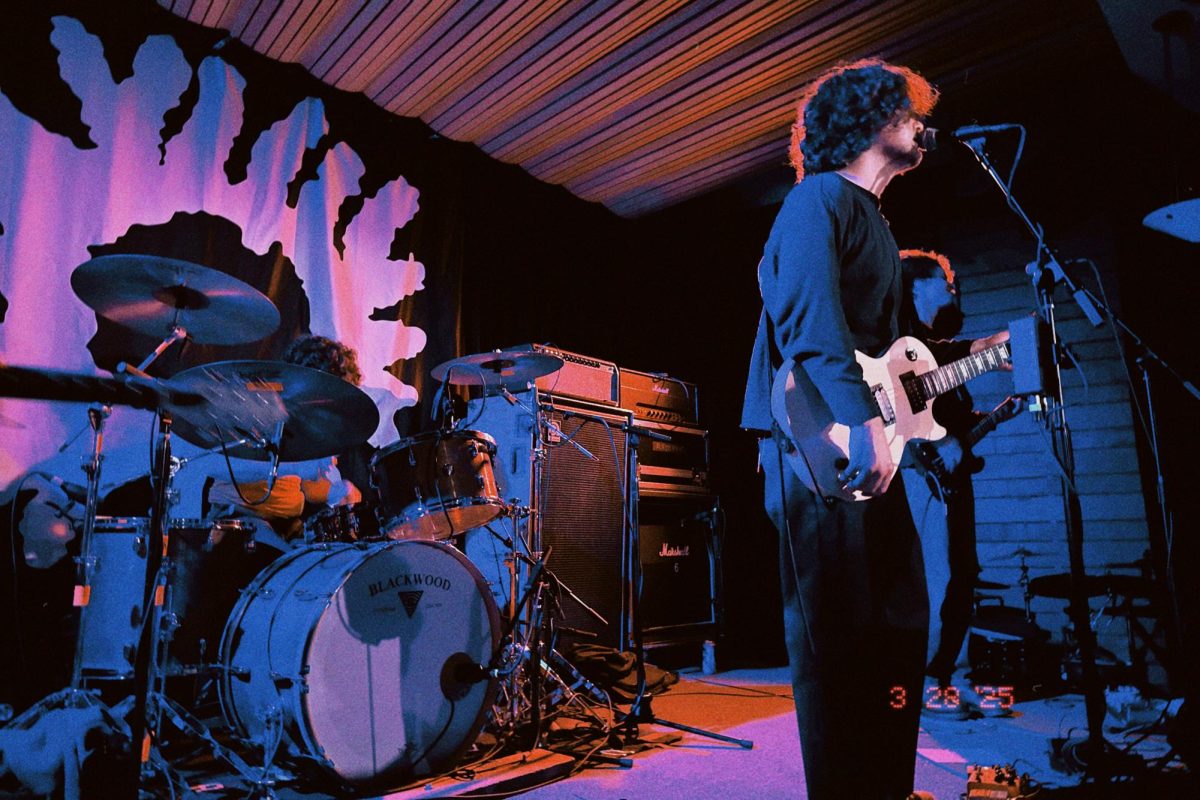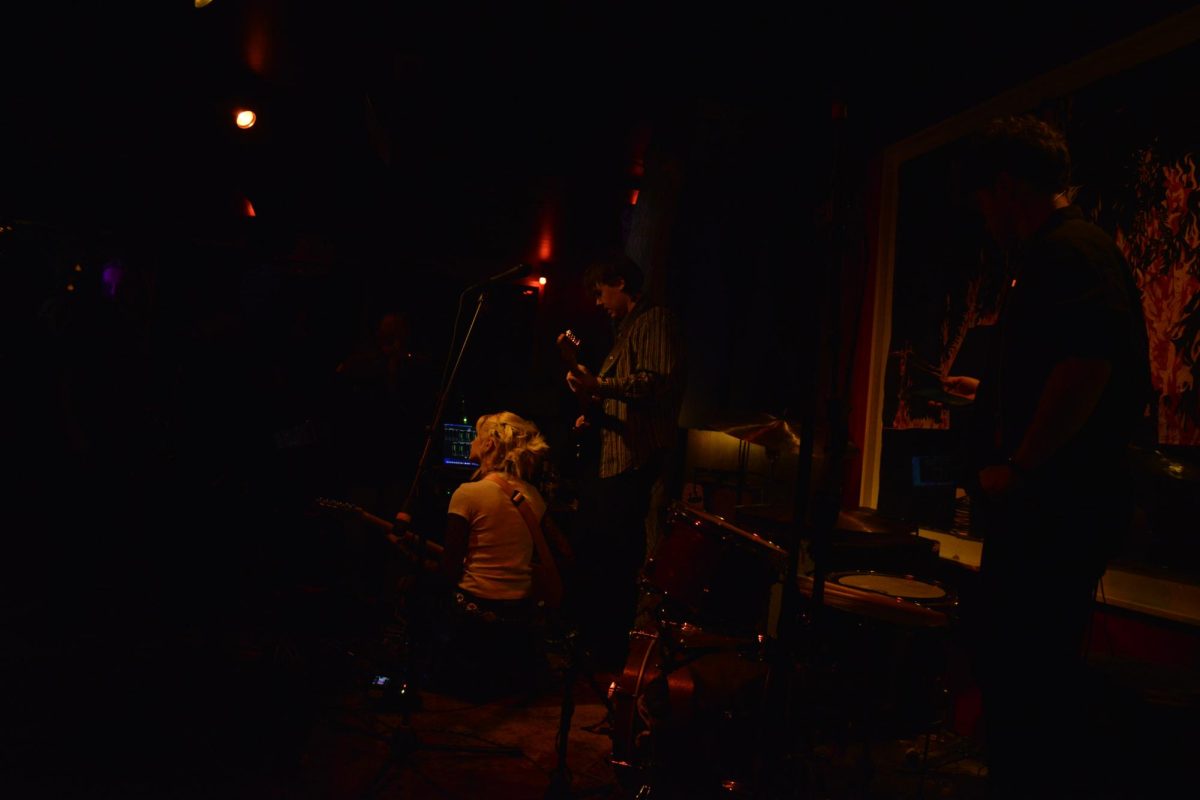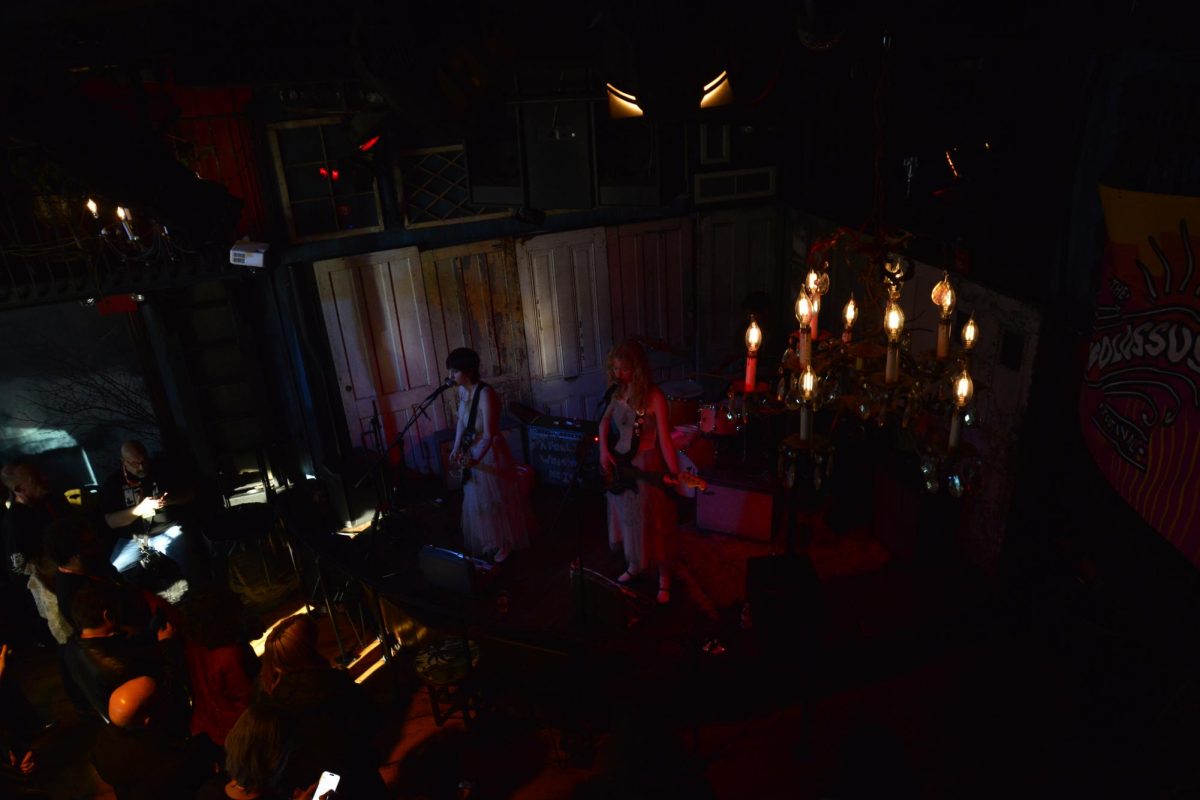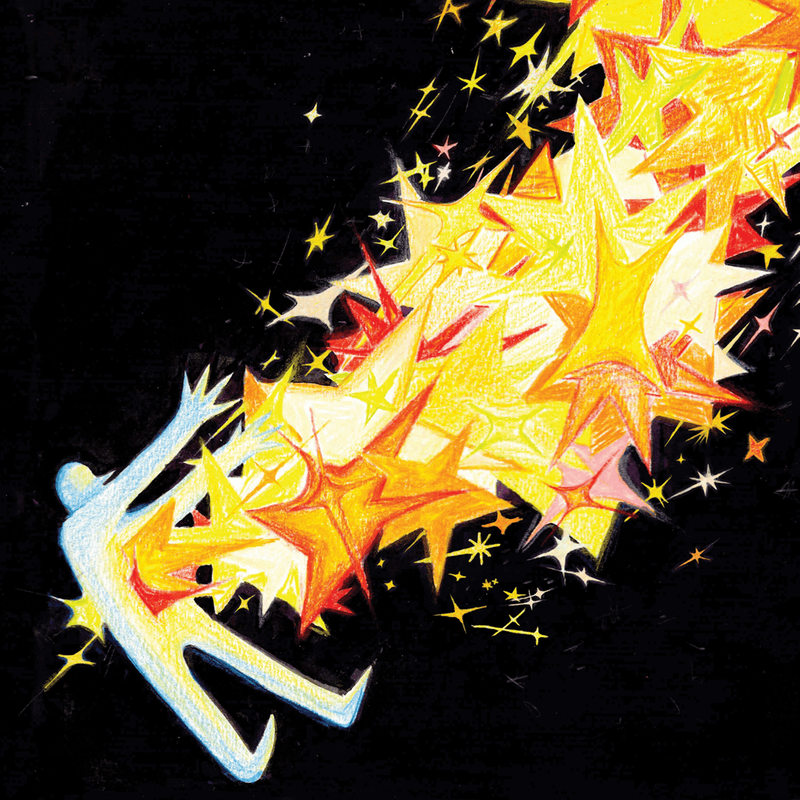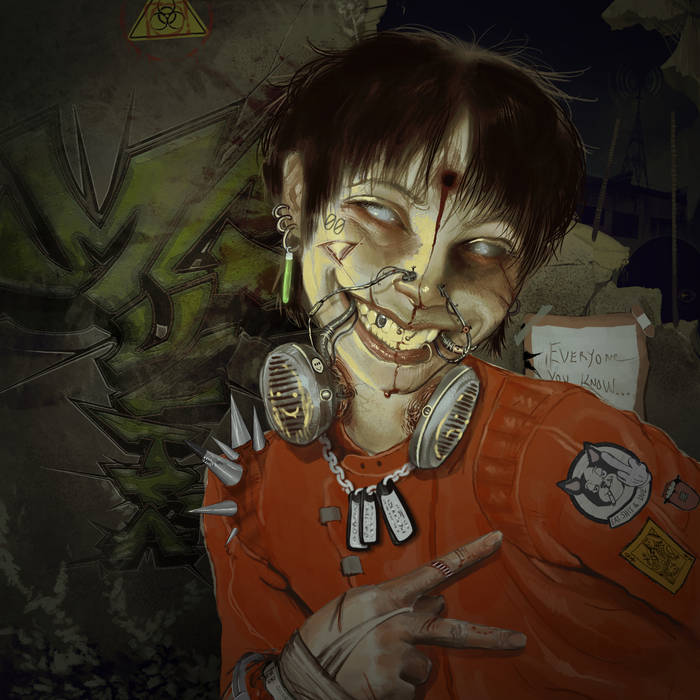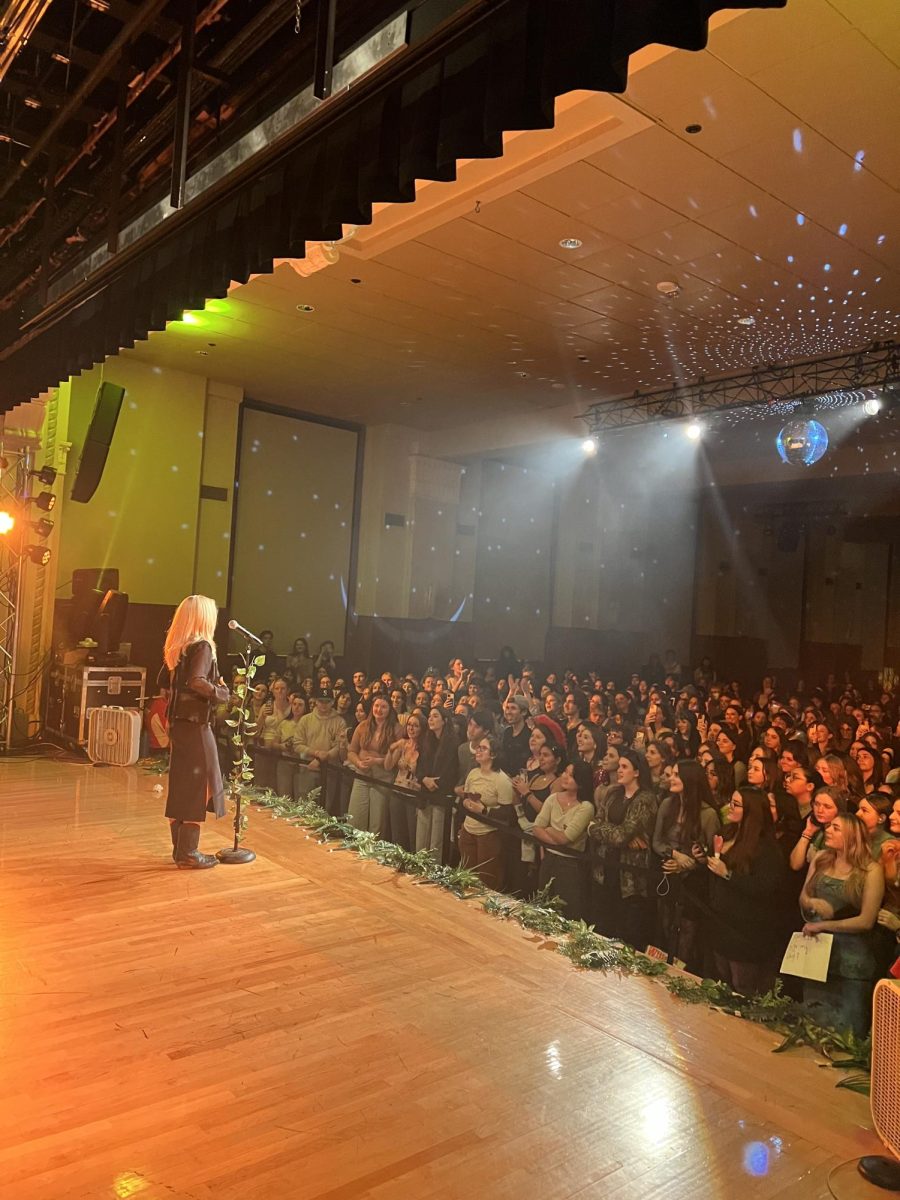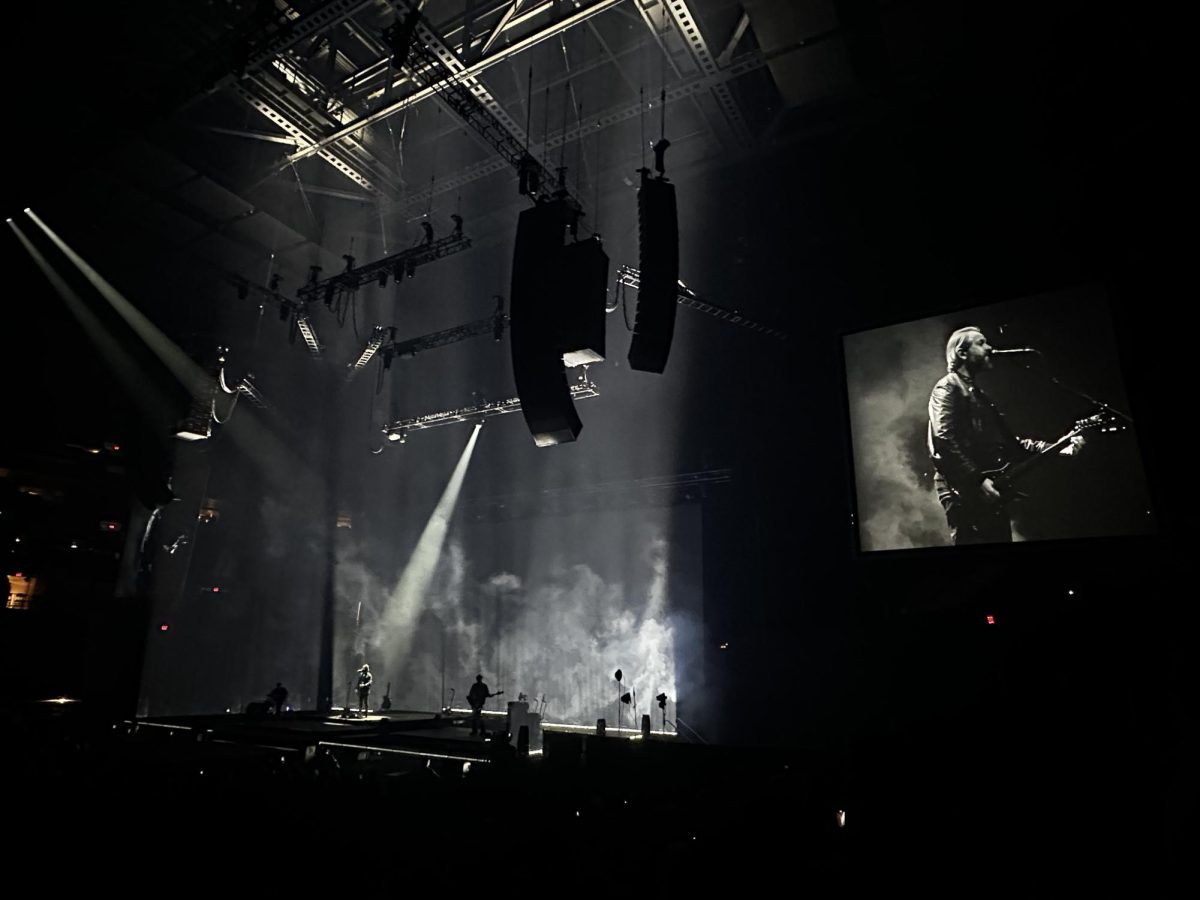Haley Blais, the singer-songwriter based in Vancouver, has a history of laying her heart out for her listeners. From recording compelling and existential tracks in her bedroom to releasing studio albums, Blais has been forging her own raw and poetic style for about 10 years. Three years after her first full album, Below the Salt, Blais released Wisecrack, a multilayered and flowing indie album with a hearty throughline.
Wisecrack is musically and thematically cohesive within and through each song. It avoids being sonically overly indulgent, but by no means is it sparse or lacking. Each song is a unique composition of brass instruments, keys, percussion, and strings, effectively cementing Wisecrack into the folk genre. That being said, I find that Blais’ tracks are reminiscent of Julia Jacklin’s music to also overlap with pop. Furthermore, compared to her debut album, Blais’ new tracks use heavier beats and electric instruments with a lighter touch. She chooses acoustic or brass fills and vocal layering. Thus, opting for a harp on “Concrete” or a french horn and trumpet on “Survivor’s Guilt” is the natural decision. As each song easily eases into the next, the beauty of Wisecrack develops. The tracks are folky, yet poppy. It is adult, yet wistful. And Blais’ themes are sorrowful yet warm.
Throughout Wisecrack, Blais grapples with the dark side of nostalgia, family, and hindsight. Blais’ themes of self-doubt and existentialism are cryptic in her layered and personal lyrics. They ease listeners into ideas of fragile relationships and suffocating anxieties. Lines such as “if we have kids then they won’t exist/And then I’m the bitch who ruined your family line” and “when you ask me to diffuse the bomb I’ll tell you I deployed it/It’s so hard to keep a family I guess I just destroyed it” express the anxiety of feeling like you’re the heart of conflict. Blais then connects these ideas to her youth, either remembering or longing for the notalgia of being a kid. In “Body,” she lightly sings, “nothing ever changes” before admitting they’re “stuck forever in a reboot of your favorite Teenage television show.”
In spite of the heavy topics, Wisecrack is an album riddled with wry humor. In her own words, she explains, “I’d just pour salt into the wound/Because I hate the sweetness of the blood.” Blais tells jokes to cover up hurt emotions. She asks “Can’t a girl mourn the death of a dog in the back of a theater in peace?” in “Survivor’s Guilt” and she confesses “I want my therapist to think I’m cool” in “Coolest fucking bitch in town.” These lines are objectively wry. Further, her lyrics carry hilarity, but she never wavers. Her feather light and even keel voice reminds me of Faye Webster, who similarly doesn’t draw attention to her own skill and humility. Moreso, Webster and Blais both have a casual and intimate sound that makes it easy to gloss over dramatics or humor.
The culmination of her musical production, themes, and lyricism is best heard in “The Cabin.” This track fluctuates between high and low, creating an interesting dynamic range of sound and energy. To open the song, we hear a splashing lake for mere seconds before instrumentals come smashing in. Despite the noisy orchestra, the core of this song is still folky and dreamy. Blais sings of aquatic motifs such as lakes, drowning, and boating. As run through water is as a thematic device, her metaphors feel like fresh takes. Lines like “But I’m laughing anyway/Instead of holding on I dropped the rope into the lake” and “A beer soaked memory – who gave me beer in seventh grade?” signify how the reins of her life slipped away. Eventually, these smashing instruments are used to hide Blais yelling, one of the only times she raises her voice in the entire album. Blais is a better songwriter than to say she can’t keep her head above the water, but it’s what we feel in her belting. By the end, she is resisting being “the smoke inside the living room” and “the wet inside your swimming shoes” with “I don’t want to be” anachronistically echoing, emphasizing her aversion to being an imposition or taking up too much space. Along with water, other symbolism comes up. Lambs and virgin light as well as winter formals and food courts signify a pure youth. Blades, blood, and open hearts signify emotional vulnerability. Dust, bombs, and flight signify breaking a mold and healing. These motifs are woven into the lyrics of each track. Put it all together and Wisecrack is an incredibly wise and sorrowful story.
Of all the songs featured on Wisecrack, the final track, “Beginner’s guide to birdwatching,” makes me smile the most. Her lyrics carry a little more optimism than cynicism in a way that is illuminating. She speaks of lifting up the veil and “just trying to do the best I can.” Blais even pokes fun at the complex and grandiose idea of “do unto others as you would do.” It is admitting that being a good person is easier said than done. By calling this a beginners guide, she measures large expectations surrounding self help. And she grounds this entire album by ending with the lyrics “One minute she wasn’t there/ And then the next minute there she was,” referring to her niece being born. When these final lines are juxtaposed with the outro of the first song on the album, “Soft spot for monarchs,” Blais’ growth shines through. “Soft spot for monarchs” ends with her repeating the lines “the only mercy I feel is for the bugs,” meaning that it is easy to show compassion for the bugs, but not the important folks in our lives. However, for the final three minutes of “Beginner’s guide to birdwatching,” she’s joined by her babbling niece, strumming the guitar, snapping her fingers, clapping, and laughing. The dichotomy between the first and last song, the pure joy in Blais’ voice, and the intimacy of the song emotes so much peace and beauty. The lightness of the final song enriches the darkness of the rest of the album. Ultimately, Wisecrack, despite its heavy nostalgia and anxieties, is full of pockets of healing.


